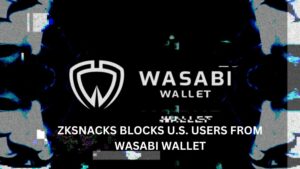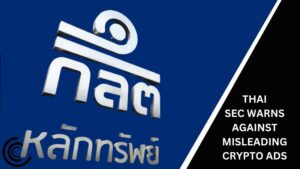Key takeaways:
- Visa is enhancing cross-border payment speed by extending its stablecoin settlement capabilities to Solana (SOL) blockchain, leveraging Circle’s USDC stablecoin.
- This move aims to facilitate high-speed performance in cross-border transactions, as announced by Visa in a recent statement.
Visa, the global payment giant, has expanded its stablecoin payment capabilities by integrating with the Solana blockchain and partnering with merchant banks Worldpay and Nuvei.
Cuy Sheffield, Visa’s Head of Crypto, stated, “We’re enhancing cross-border settlement speed by utilizing stablecoins like USDC and global blockchain networks such as Solana and Ethereum. This offers a modern solution for our clients to easily send and receive funds through Visa’s treasury.”
Visa initially experimented with USDC in 2021 through a partnership with Crypto.com to test stablecoin settlements on the issuance side. This pilot used Ethereum-based USDC for cross-border payments, replacing the previous multiday currency conversion processes and wire transfer fees.
Now, Crypto.com uses USDC for Australian Visa card settlements. Visa’s treasury and settlement systems handle daily transactions worth billions of dollars, connecting nearly 15,000 financial institutions across over 25 different currencies worldwide
Cuy Sheffield reiterated Visa’s commitment to leveraging stablecoins and blockchain networks to enhance cross-border settlement efficiency.
“This offers a modern and convenient solution for crypto-native issuers to streamline card program management, simplifying the complexities of handling multiple bank accounts and international wire transfers,” Sheffield stated in the X thread.
By testing Visa’s Circle account for settlement payments on Solana to Worldpay and Nuvei, the company can expedite settlement times for its merchants.
“Worldpay and Nuvei serve a diverse range of global merchants, including those engaged in the blockchain and crypto economy, who may prefer using USDC in their corporate treasuries over traditional fiat banking,” Sheffield added. However, he noted that the processing time for moving funds in or out of their treasury would remain unchanged, despite the promises of faster transactions with stablecoins.
According to Jeremy Allaire, Circle’s co-founder and CEO, “Expanding this pilot demonstrates how combining USDC with Visa’s innovation paves the way for the future of payments, commerce, and financial applications.”











